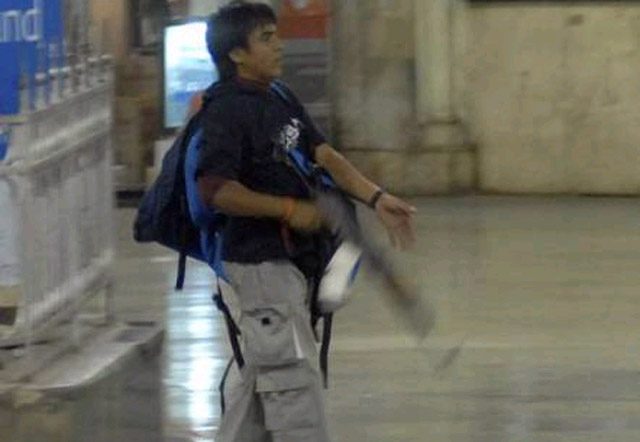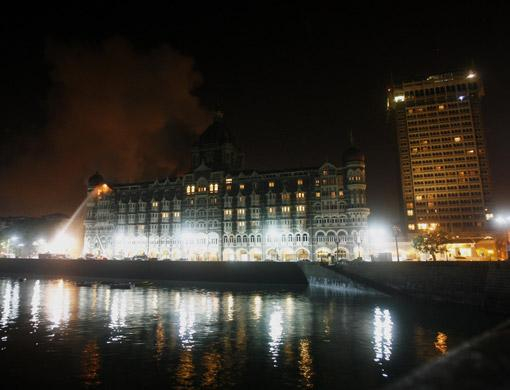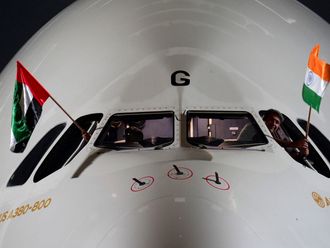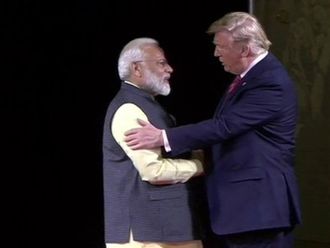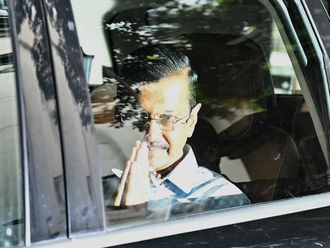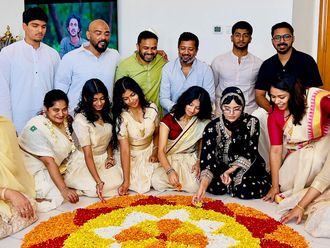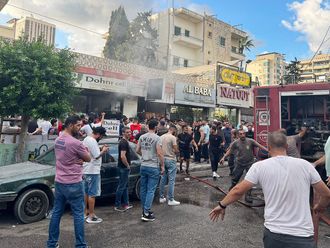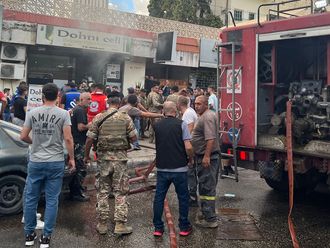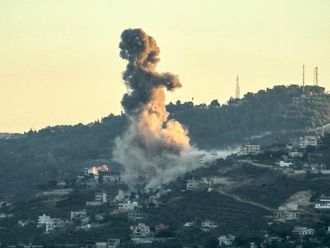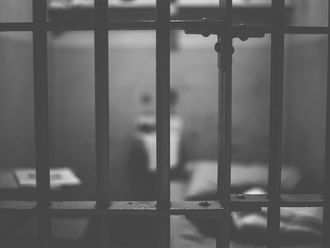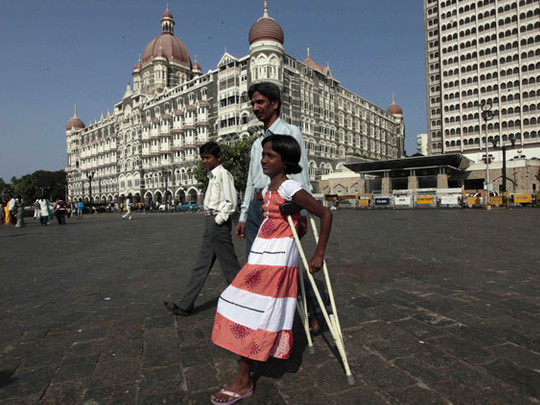
Mumbai: Ajmal Kasab, the lone surviving Pakistani gunman of the November 2008 terror attack on Mumbai that killed 166 people and injured 238, was convicted yesterday on 86 counts including murder, criminal conspiracy and waging war against India.
Two Indians, Fahim Ansari and Sababuddin Ahmad, who were accused of supplying maps to the terrorists were acquitted of all charges due to lack of evidence.
Kasab sat impassively with his head down as the Special Court Judge M.L. Tahaliyani summed up the 1500-page judgement in about three hours and read out the verdicts in Hindi. Kasab had been charged under various sections of the Indian Penal Code. The sentence will be announced on Tuesday.
"It was not a simple act of murder. It was war," judge Tahaliyani said. "This type of preparation is not made by ordinary criminals. This type of preparation is made by those waging war."
Evidence
The judgement came after the prosecution presented evidence including DNA and fingerprints, security camera footage and photographs, plus testimony from hundreds of witnesses.
Kasab was seen striding through the Mumbai train station, carrying an AK-47 rifle and a knapsack on his back, by several witnesses and was recorded on closed-circuit video.
The court found Kasab and his deceased compatriot Abu Esmail guilty of killing 47 people at the Chhatrapati Shivaji Terminus and later killing policemen and two visitors at Cama Hospital.
On the killing of three police officers on Badruddin Tyabji Road, near Cama Hospital, the court held that Ashok Kamte, Additional Commissioner of Police, was killed by Esmail. However, the court said that there is no definite opinion by ballistic experts on the killing of anti-terror chief Hemant Karkare and encounter specialist Vijay Salaskar.
Swift trial
Kasab, a native of Faridkot in Punjab, Pakistan, initially denied the charges, then pleaded guilty, before reverting to his original stance and claiming that he was set up by the police and had been in Mumbai only to watch films.
The court found that the 35 accused in Pakistan, including terror mastermind Hafeez Saeed and Zaki-ur-Lakhvi, were also involved in the conspiracy.
The case, which began on May 8, 2009, is perhaps the fastest terror trial in India. The 1993 Bombay blasts trial ran for 15 years.


